Understanding Easements: What Are They and Why Do They Matter?
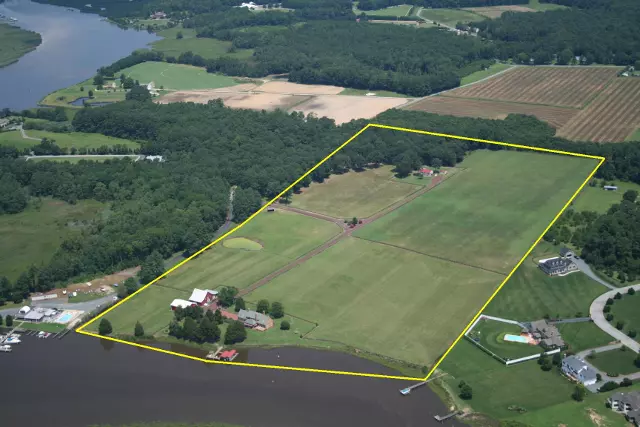
When buying a property, most people focus on location, price, and the condition of the home. However, one often-overlooked legal concept can significantly impact how you use your property: easements.
Many buyers are unaware of how easements can affect property rights, future development plans, or even daily access. In this blog, we’ll break down what easements are, the different types, and why it’s critical to understand them before signing on the dotted line.
What Is an Easement?
An easement is a legal right that allows someone else to use a portion of your property for a specific purpose—even though they don’t own it. Easements don’t transfer ownership, but they do grant access or usage rights to another party, such as a neighbor, utility company, or municipality.
Types of Easements
There are several types of easements, and each can affect your property in different ways:
1. Utility Easements
These are common and allow utility companies access to install and maintain power lines, water pipes, gas lines, or cable infrastructure. You generally can't build over these areas.
2. Right-of-Way Easements
This type allows someone else the right to travel through your property—often to access their own land. Think shared driveways or private roads.
3. Easement by Necessity
If a property is landlocked, the owner may be granted an easement across neighboring land to access a public road.
4. Prescriptive Easements
These occur when someone uses part of your property openly and continuously for a set number of years without your permission. Over time, they may gain legal access rights.
5. Private Easements
These are created by a formal agreement between property owners. For example, a neighbor might have an easement to use your driveway or path.
Why Easements Matter to Buyers
If you’re buying a home or land, easements can significantly impact your intended use of the property. Here’s why they matter:
- Limitations on Building: You may not be able to build on or near an easement, reducing your usable space.
- Privacy Concerns: If others have a right to access part of your land, it could affect your sense of privacy.
- Maintenance Responsibilities: In some cases, you may be responsible for maintaining areas affected by an easement.
- Future Disputes: Not understanding existing easements can lead to legal issues or disputes with neighbors or utility companies.
How to Find Out if a Property Has an Easement
Before you purchase a property, make sure you:
- Review the title report and deed: These documents typically list any known easements.
- Order a land survey: A professional survey can show exactly where easements lie on the property.
- Consult a real estate attorney: If you’re unsure how an easement might impact your property, legal advice can save you future headaches.
✅ Key Takeaway
Easements might seem like small legal details, but they can have a big impact on how you use and enjoy your property. Whether it’s a utility easement that prevents you from expanding your home or a shared driveway that requires neighbor cooperation, understanding easements is crucial before making a purchase.
Categories
Recent Posts

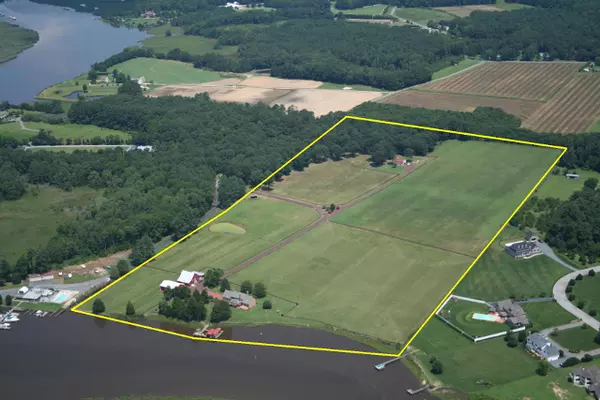
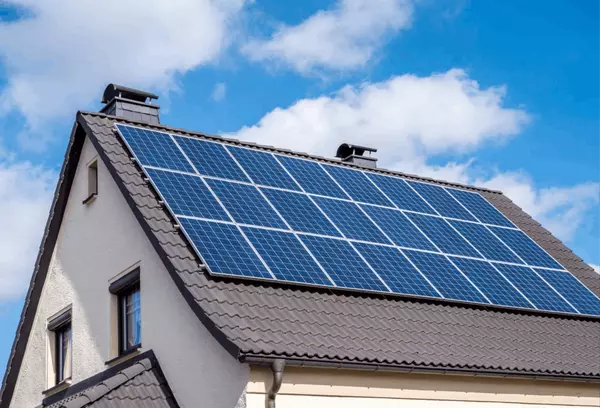


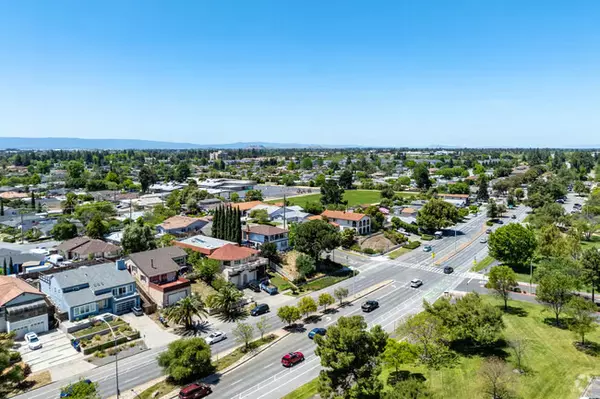
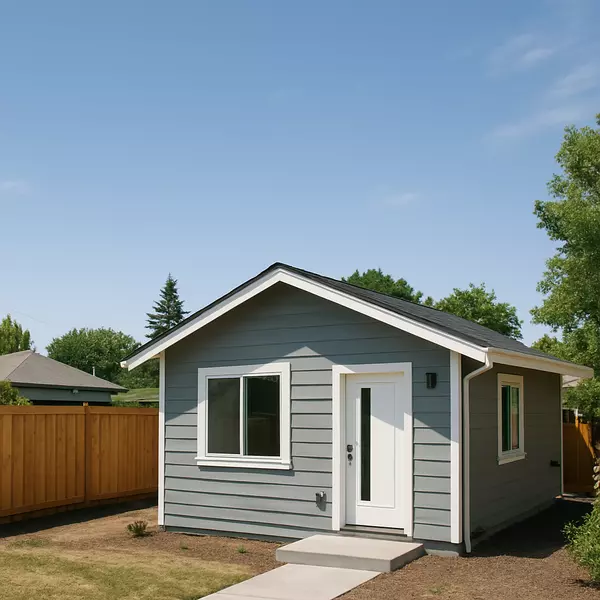
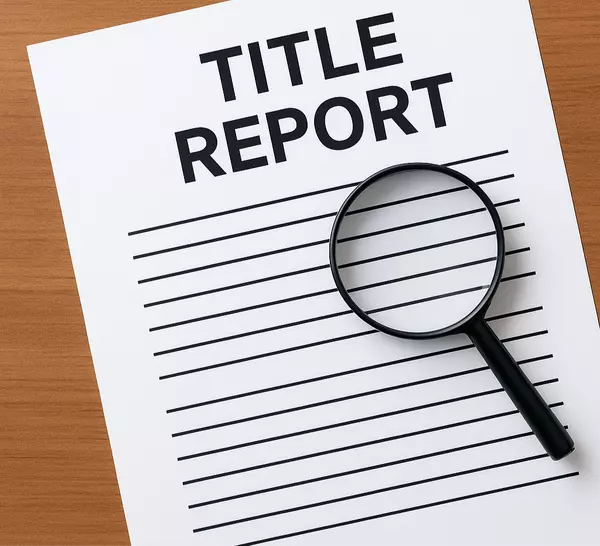


GET MORE INFORMATION

Parisa Samimi
Founder & Real Estate Broker | License ID: 01858122
Founder & Real Estate Broker License ID: 01858122
